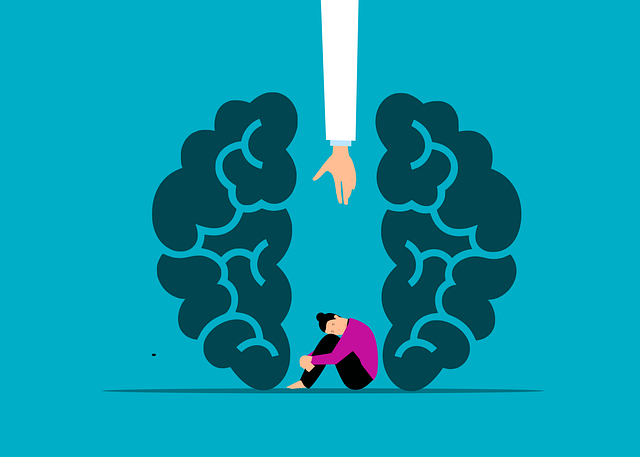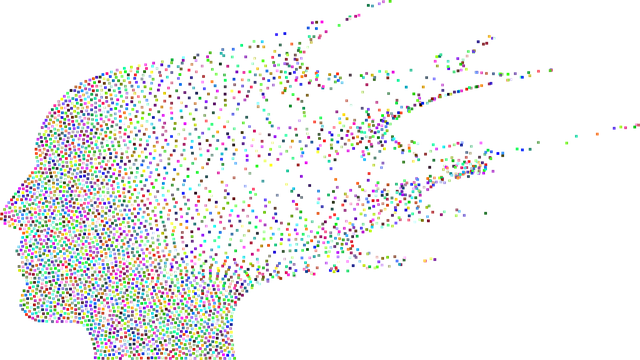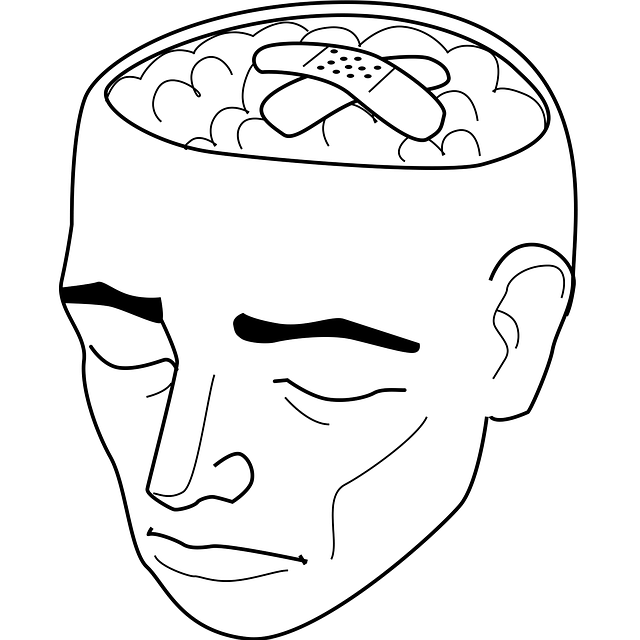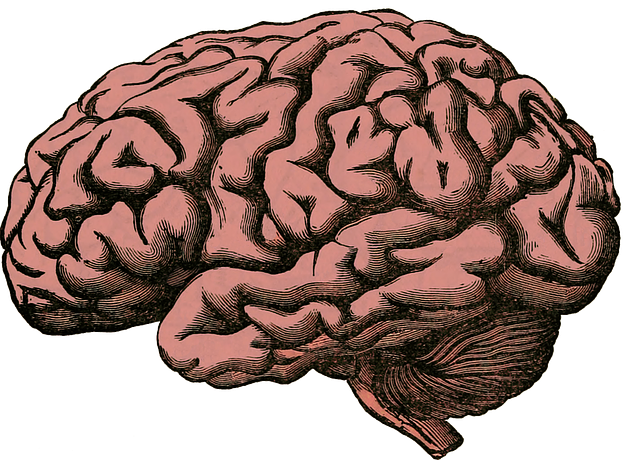Mental wellness groups in Northglenn Chronic Pain Therapy settings provide a safe, supportive environment for managing mental health challenges and chronic pain. Facilitators employ techniques like open discussions, journaling exercises, and risk management planning to strengthen coping mechanisms and promote emotional well-being. These interactive strategies foster resilience and peer support, transforming participants' lives by improving their mental wellness through group therapy in Northglenn.
Mental wellness group facilitation is a powerful tool for fostering resilience and recovery. This article explores effective techniques for leading supportive communities, focusing on creating safe spaces and engaging participants. We delve into managing chronic pain in group settings, drawing from case studies in Northglenn, showcasing successful strategies. Additionally, we provide tools and resources to empower members, promoting sustained mental wellbeing. Discover proven methods to facilitate meaningful connections and enhance mental health outcomes through group therapy.
- Understanding Mental Wellness Groups: Creating a Safe Space
- Facilitation Techniques for Engaging Participants
- Addressing Chronic Pain in Group Settings: Northglenn Case Studies
- Empowering Members: Tools for Sustaining Mental Wellbeing
Understanding Mental Wellness Groups: Creating a Safe Space

Mental wellness groups provide a unique and powerful environment where individuals with shared experiences can come together to support one another. In Northglenn Chronic Pain Therapy settings, these groups are designed to create a safe haven for participants to openly discuss their challenges and triumphs related to mental health and chronic pain. By fostering an atmosphere of acceptance and non-judgment, facilitators encourage members to build resilience and strengthen coping mechanisms.
The process begins with establishing clear boundaries and ground rules, ensuring confidentiality and promoting active participation. Mental Wellness Journaling Exercise Guidance can be a valuable tool during these sessions, allowing individuals to reflect on their emotions and experiences. Additionally, Risk Management Planning for Mental Health Professionals is essential to navigate potential triggers and ensure the well-being of both facilitators and participants, ultimately fostering a supportive space where mood management becomes more achievable.
Facilitation Techniques for Engaging Participants

Effective group facilitation techniques are essential for fostering a safe and supportive environment in Northglenn Chronic Pain Therapy sessions. Engaging participants actively is key to successful therapy, enabling them to build inner strength and develop coping mechanisms. Facilitators should employ interactive strategies that encourage open communication and emotional expression.
One technique is to incorporate group discussions and activities that promote sharing of personal experiences related to pain management. This not only normalizes the struggle but also provides valuable peer support. Additionally, facilitators can guide meditation or mindfulness exercises to help individuals reduce stress and cultivate a sense of calm. Trauma support services within these sessions can be life-changing for many, offering tools to navigate emotional challenges and enhance overall mental wellness.
Addressing Chronic Pain in Group Settings: Northglenn Case Studies

In Northglenn, chronic pain is a prevalent issue that significantly impacts individuals’ mental wellness. Group settings have emerged as powerful environments for addressing this complex challenge. Case studies in Northglenn have shown that facilitating supportive communities can enhance resilience building among individuals grappling with persistent pain. By fostering open discussions and sharing experiences, participants gain a sense of belonging and improved mental health awareness.
Through crisis intervention guidance tailored to the group dynamic, facilitators help members navigate the emotional turmoil associated with chronic pain. This collective approach not only alleviates individual suffering but also promotes effective coping strategies. The Northglenn Chronic Pain Therapy model underscores the importance of creating safe spaces where participants can explore alternative methods for managing their conditions, ultimately enhancing overall well-being.
Empowering Members: Tools for Sustaining Mental Wellbeing

In facilitating mental wellness groups, one of the key aspects is empowering members to take ownership of their mental health journeys. Group settings offer a unique opportunity for individuals struggling with mental illness or chronic pain, like those seeking Northglenn Chronic Pain Therapy, to connect and support each other. By fostering an inclusive environment, facilitators can encourage members to share their experiences, which in turn normalizes conversations about mental wellness. This sense of community is a powerful tool for promoting self-care practices.
Facilitators can employ various techniques such as Mindfulness Meditation to help members develop coping strategies. Teaching meditation skills not only aids in stress reduction but also enhances overall mental resilience. Moreover, addressing the Mental Illness Stigma Reduction Efforts within these groups is vital. By breaking down societal barriers and promoting understanding, facilitators contribute to a more supportive environment where members can openly discuss their challenges without fear of judgment. Additionally, Risk Management Planning for Mental Health Professionals becomes easier when group dynamics are carefully managed, ensuring a safe space for everyone involved.
Mental wellness group facilitation plays a pivotal role in fostering community and enhancing individual well-being. By understanding the dynamics of these groups and employing effective techniques, facilitators can create supportive environments that encourage participation and empowerment. The case studies from Northglenn Chronic Pain Therapy highlight the success of tailored group interventions, demonstrating the potential for meaningful impact. As we move forward, integrating these facilitation techniques into mental health practices can lead to more engaging and impactful support networks, ultimately contributing to sustained mental wellness.














